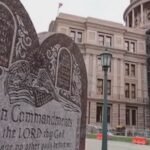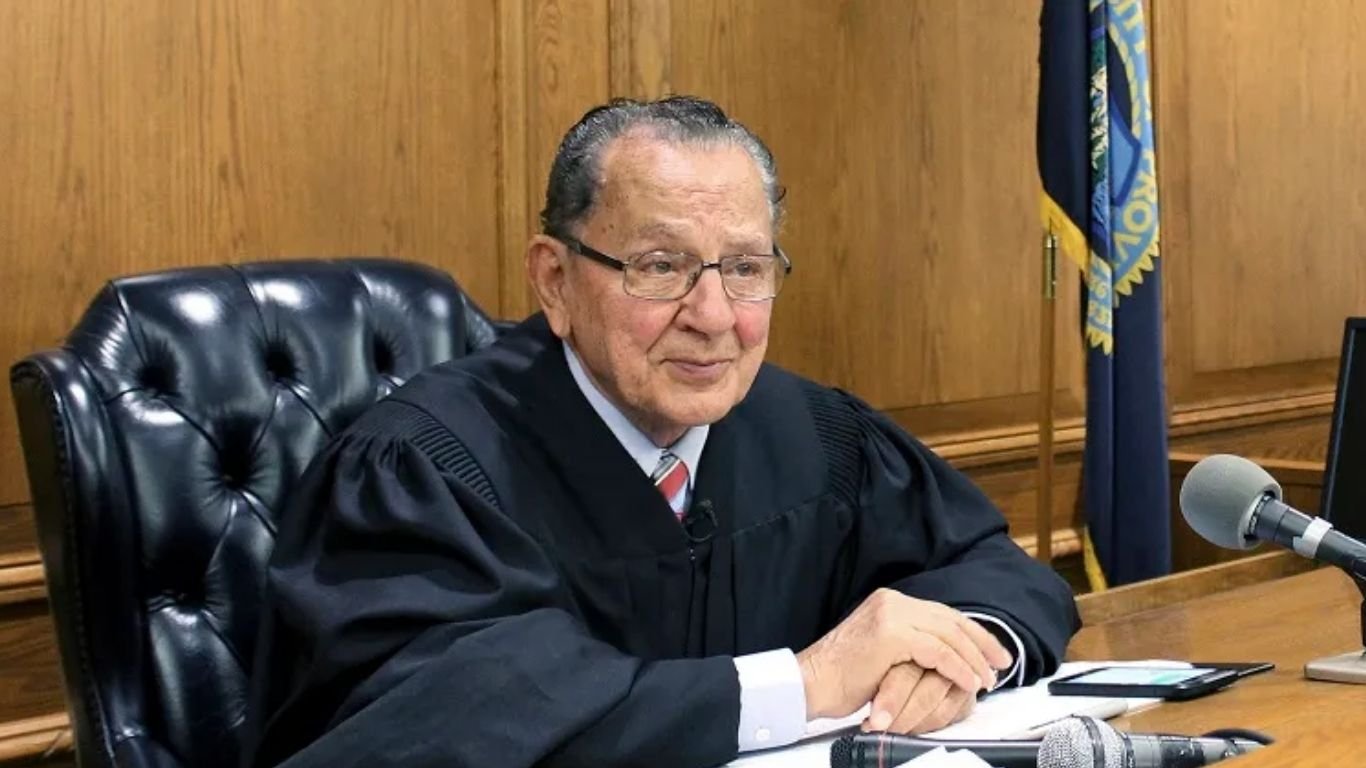In a major development concerning the relationship between religion and public education, a federal judge in San Antonio has temporarily blocked a Texas law that mandated the display of the Ten Commandments in every public school classroom. The decision has sparked intense debate across the state, highlighting long-standing tensions between constitutional principles of religious freedom and state legislative efforts to promote religious values in schools.
What Was the Law?
The Texas legislature passed a bill earlier this year that required all public elementary and secondary school classrooms to display a framed copy of the Ten Commandments. The displays were mandated to be at least 16 by 20 inches and prominently placed where students could easily see them. The law was scheduled to take effect on September 1, 2025.
Supporters of the legislation argued that the Ten Commandments are not only a religious text but also a cornerstone of moral and legal tradition. They believed that posting them in schools would encourage respect, discipline, and values among students.
The Judge’s Ruling
U.S. District Judge Fred Biery issued a 55-page preliminary injunction halting the law from going into effect, at least temporarily. The ruling applies to eleven school districts across Texas, including districts in major cities such as Houston, Austin, San Antonio, and Dallas.
The judge determined that the law likely violates the Establishment Clause and the Free Exercise Clause of the U.S. Constitution. According to the court, forcing classrooms to display a specific religious text could amount to religious coercion, especially in an environment where students are considered a captive audience.
Judge Biery emphasized that while individuals have every right to practice their religion, the state should not endorse or impose one particular religious doctrine in public schools. He further pointed out the broader implications of such legislation, raising the question of what would happen if the government required the posting of other religious texts.
Impact on Schools
The injunction means that the eleven affected school districts are not required to post the Ten Commandments in classrooms for now. Some districts, such as Conroe ISD, have already put plans on hold and are waiting for further legal guidance.
Although the ruling currently applies to a limited number of districts, the case could have much wider consequences. If appeals courts uphold the decision, the law may be blocked statewide, affecting every public school in Texas.
Support and Opposition
The law has divided opinion sharply:
- Supporters argue that the Ten Commandments are part of the nation’s moral and historical foundation. They believe the displays would inspire students to uphold values such as honesty, respect, and responsibility.
- Opponents insist that public schools should remain secular spaces where children of all faiths—or none—can feel equally welcome. Civil liberties advocates say the law unfairly privileges one religious tradition over others and risks alienating students who do not share those beliefs.
Next Steps
Texas Attorney General Ken Paxton has already signaled that the state will appeal the ruling. The case is expected to move to the Fifth Circuit Court of Appeals and could eventually reach the U.S. Supreme Court.
Legal experts suggest the case could become a landmark decision on the issue of religious expression in public schools. If the courts uphold the law, it may encourage other states to pass similar legislation. If the law is permanently struck down, it will reinforce long-standing constitutional protections against government-endorsed religion in public education.
Why It Matters
This ruling carries significance beyond Texas. The question of whether public schools can display religious texts strikes at the heart of how Americans interpret the First Amendment. On one hand, proponents see it as a recognition of the country’s cultural and moral roots. On the other, critics view it as a dangerous erosion of the separation between church and state.
The final outcome of this legal battle will likely shape future debates across the nation about the role of religion in public institutions.
Summary Table
| Key Point | Details |
|---|---|
| Law Blocked | Mandate to display Ten Commandments in all Texas classrooms |
| Planned Start Date | September 1, 2025 |
| Judge’s Decision | Preliminary injunction by Judge Fred Biery |
| Reason for Ruling | Likely violation of Establishment Clause and Free Exercise Clause |
| Affected Districts | 11 school districts, including Houston, Austin, San Antonio, Dallas |
| State Response | Attorney General plans to appeal |
| Broader Impact | Could set precedent for religious displays in schools nationwide |











